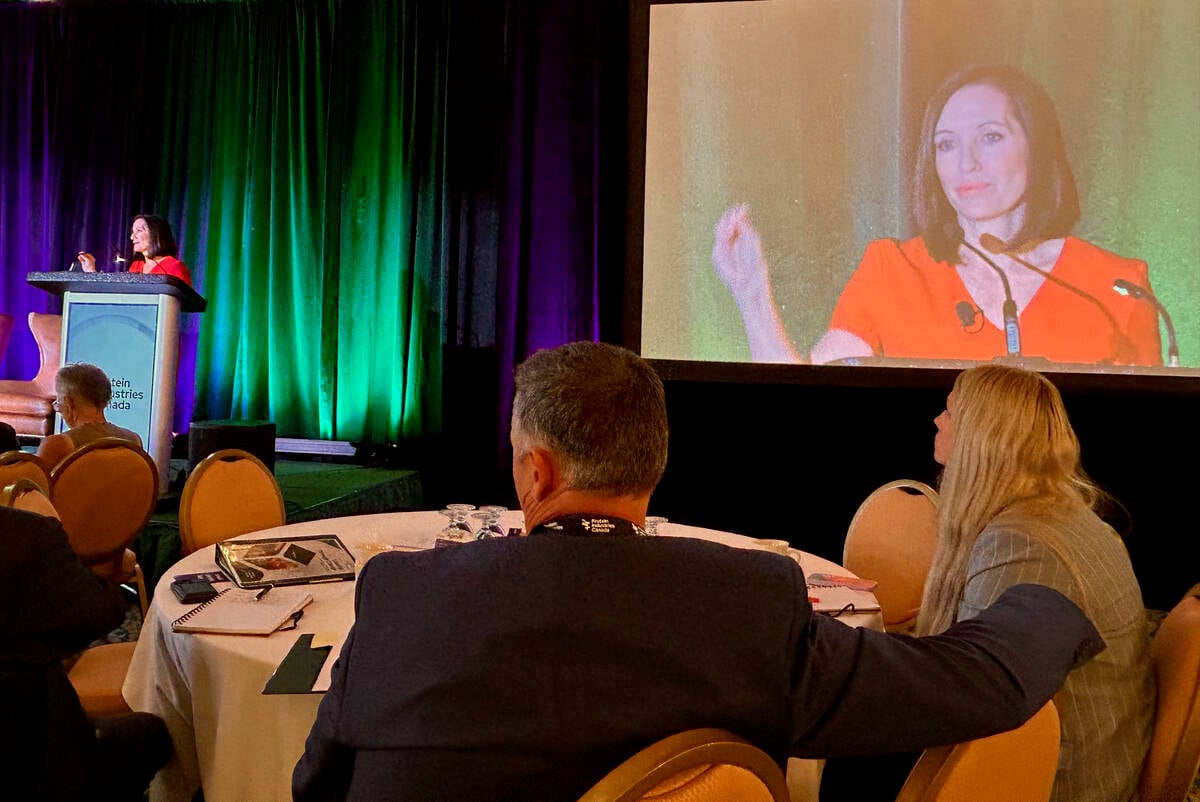Audit — it’s a small word but one guaranteed to generate worry, if not outright fear, in the minds of taxpayers everywhere.
This is Canada Revenue Agency’s prime period for verifying your 2015 filing and comparing it to those filed in earlier years.
The comparison between filings is a key device used by the CRA to determine whether variations from previous years deserve further scrutiny.
When filings were largely done manually, variations in claims could be substantial without generating attention. But CRA’s sophisticated computer systems now permit them to monitor massive amounts of data and information and identify relatively small differences between current year and past filings.
Read Also

Canada told trade crisis solutions in its hands
Canadians and Canadian exporters need to accept that the old rules of trade are over, and open access to the U.S. market may also be over, says the chief financial correspondent for CTV News.
If you do get a phone call from CRA or a verification letter in the mail that suggests your claim is being reviewed, there are a number of things you should consider.
The success or failure of whether you survive an audit depends on several factors:
- what you claimed on the return;
- the explanation supporting the claim;
- the documentation you have that supports the explanation.
In recent years, CRA has been less open to accepting expense claims without all these three components being present and aligned.
Therefore, it is important to organize, in advance, the written documentation that supports your explanation.
A tax adviser can help determine which documentation you need to support your claim.
For example, merely stating that you purchased fuel for a farm vehicle rather than a personal use vehicle is not sufficient.
The expense needs more detail. Jotting down the plate number for the vehicle on the back of the receipt is useful in establishing whether the vehicle is a business or personal use one, as is recording the details of that particular trip in your calendar.
The audit could be taking place two to three years after the expense was incurred so your dated diary descriptions of your travel become particularly important.
CRA rarely randomly selects a file. There usually is an underlying reason.
For example, if a dairy farm is reviewed, the auditor will determine if the farm has been correctly reporting its patronage payments.
It would stand to reason that if you know the audit triggers, then you could plan and document long before that visit by the CRA.
About one in 280 taxpayers will be audited. Self-employed individuals who are in a position to understate income or overstate expenses run a much higher chance of being audited than a T4 earner.
Generally, the farm community gets a great deal of attention from CRA related to farm losses and expectation of profit.
Here are other tax audit triggers relating to GST, PST and income tax:
- large losses in comparison to prior year or consistently large losses;
- unusual high or increased expenses;
- large capital additions;
- large purchases;
- high input tax credit claims;
- consistent non-compliance (not filing or consistent late filing);
- amendments showing large changes;
- tax arrears.
It may be advisable to contact a knowledgeable tax professional who can deal with CRA on your behalf.
















